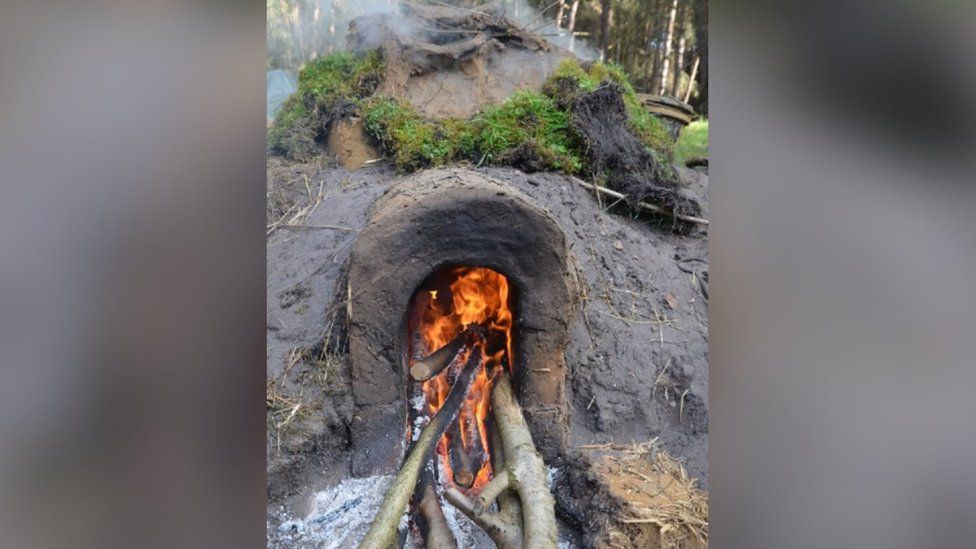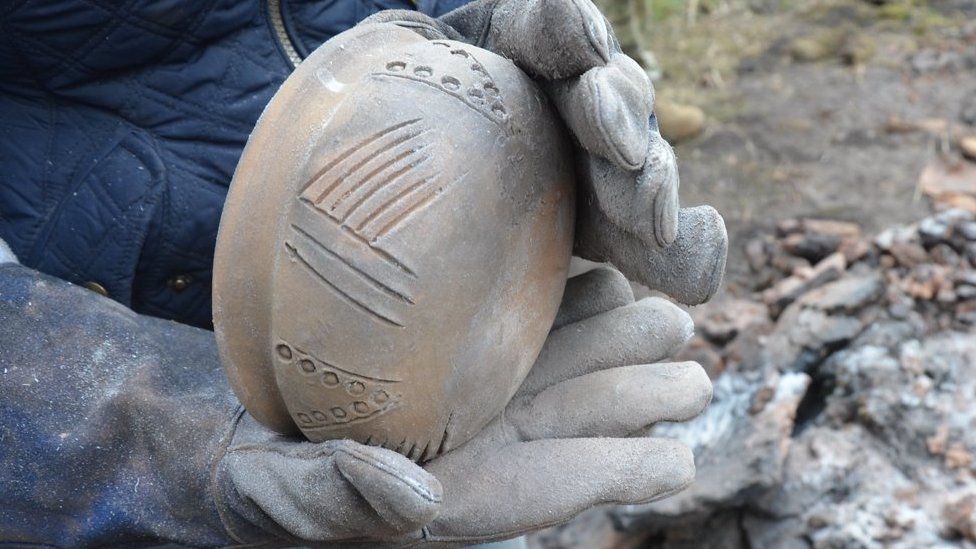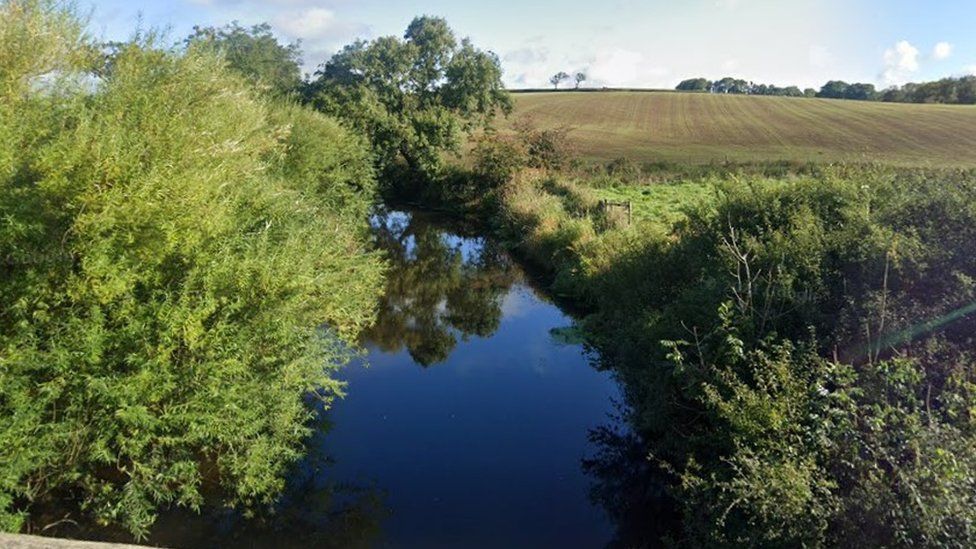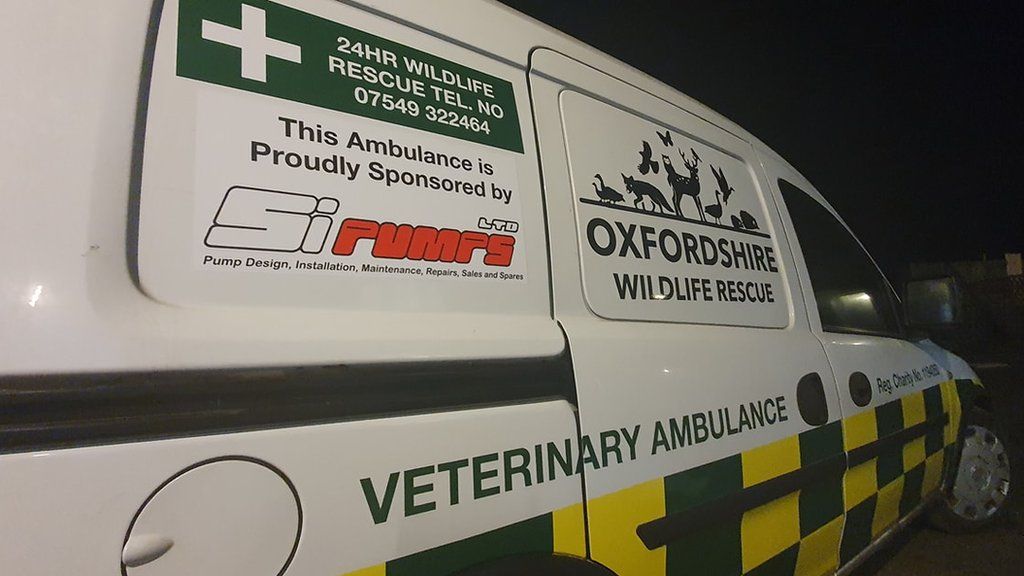A specially constructed replica ancient kiln has been used to recreate pottery that was first produced in Suffolk around 1,300 years ago.
From roughly AD680 to 870, the town of Ipswich mass-produced items like pots and pitchers that could be found all over East Anglia. These items were known as "Ipswich ware.".
After Anglo-Saxon kiln remains were discovered in Ipswich, one was built.
The experiment, according to Faye Minter of Suffolk County Council's archaeological unit, provided "invaluable insight into our history.".
According to her, "These projects are crucial because they enable us to test archaeological hypotheses by reproducing historical methods and techniques based on evidence from excavations.".
"So far, the findings indicate that producing Ipswich ware required much more expertise, knowledge, and resources than we had originally thought. ".

The replica Ipswich ware pots were created using historical techniques in collaboration with volunteers and neighborhood organizations by the county council's archaeological service.
The Anglian Potters group had spent the previous year investigating Ipswich ware pottery and running experiments with the processing of raw clay. Children from Rushmere Hall Primary School helped them make replica pots as well.
The council reported that "100 beautiful hand-made pots" made it through the firing of the replica kiln, which was built in three days and fired up in April.
Deputy member of the council for archaeology Melanie Vigo di Gallidoro said: "It is wonderful to see that the finds from our local excavations and archaeology are bringing local people, schools, and organizations together over 1,000 years later.
"The project not only helps people understand Suffolk's significant past, but it also gives the local population a chance to learn firsthand about their heritage and connect with the Anglo-Saxon way of life. ".
Later this summer, the kiln will be fired a second time "to test more theories," Ms. Minter added.
The Rendlesham Revealed: Anglo-Saxon Life in South-East Suffolk community archaeology project includes the Ipswich ware experiment.
The National Lottery Heritage Fund provided funding for it with a £517,300 grant for the four-year project.







